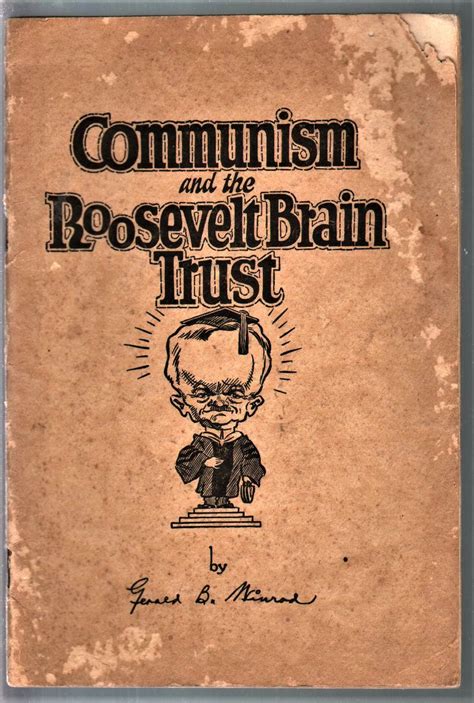A Quote by Saint Francis de Sales
To love our neighbor in charity is to love God in man.
Related Quotes
The unbreakable bond between love of God and love of neighbor is emphasized. One is so closely connected to the other that to say that we love God becomes a lie if we are closed to our neighbor or hate him altogether. Saint John's words should rather be interpreted to mean that love of neighbor is a path that leads to the encounter with God, and that closing our eyes to our neighbor also blinds us to God.
Worthless is the charity of the man who bestows it unwillingly, because material charity is not his, but God's gift, while only the disposition of the heart belongs to the man. This is why many charities prove almost worthless, for they were bestowed unwillingly, grudgingly, without respect for the person of our neighbor. So also the hospitality of many persons proves worthless because of their hypocritical vain-glorious behavior to their guests. Let us offer our sacrifices upon the altar of love to our neighbor, with heart-felt affection: 'for God loves a cheerful giver'
We cannot know whether we love God, although there may be strong reason for thinking so; but there can be no doubt about whether we love our neighbor or not. Be sure that, in proportion as you advance in fraternal charity, you are increasing your love of God, for His Majesty bears so tender an affection for us that I cannot doubt He will repay our love for others by augmenting, and in a thousand different ways, that which we bear for Him.
Each of you knows that the foundation of our faith is charity. Without it, our religion would crumble. We will never be truly Catholic unless we conform our entire lives to the two commandments that are the essence of the Catholic faith: to love the Lord, our God, with all our strength, and to love our neighbor as ourselves.
God’s love sets us free from the need to seek approval. Knowing that we are loved by God, accepted by God, approved by God, and that we are new creations in Christ empowers us to reject self-rejection and embrace a healthy self-love. Being secure in God’s love for us, our love for Him, and our love for ourselves, prepares us to fulfill the second greatest commandment: To love our neighbor as ourselves.
Why should we believe in God? — We hate Christianity and Christians. Even the best of them must be regarded as our worst enemies. They preach love of one's neighbor, and pity, which is contrary to our principles. Christian love is a hinderance to the revolution. Down with love of one's neighbor; what we want is hatred.
The first great commandment was to love the Lord our God with all our hearts, might, mind and strength; and the second was like unto it, to love our neighbor as ourselves. And the best way in the world to show our love for our neighbor is to go forth and proclaim the gospel of the Lord Jesus Christ, of which He has given us an absolute knowledge concerning its divinity.
It is easier to love humanity as a whole than to love one's neighbor. ... Some of the worst tyrannies of our day genuinely are "vowed" to the service of mankind, yet can function only by pitting neighbor against neighbor. The all-seeing eye of a totalitarian regime is usually the watchful eye of the next-door neighbor. In a Communist state love of neighbor may be classed as counter-revolutionary.
Man depends on God for all things: God depends on man for one. Without man's love God does not exist as God, only as creator, and love is the one thing no one, not even God himself, can command. It is a free gift or it is nothing. And it is most itself, most free, when it is offered in spite of suffering, of injustice, and of death . . . The justification of the injustice of the universe is not our blind acceptance of God's inexplicable will, nor our trust in God's love, his dark and incomprehensible love, for us, but our human love, notwithstanding anything, for him.
Pablito, the Bible was meant to be a bridge, not a wedge. It's the greatest love story ever told, about God's enduring and unconditional love for his creation--love beyond all reason. To understand it, you have to read it with love as the standard. Love God. Love your neighbor. Love yourself. Always remember that.





































